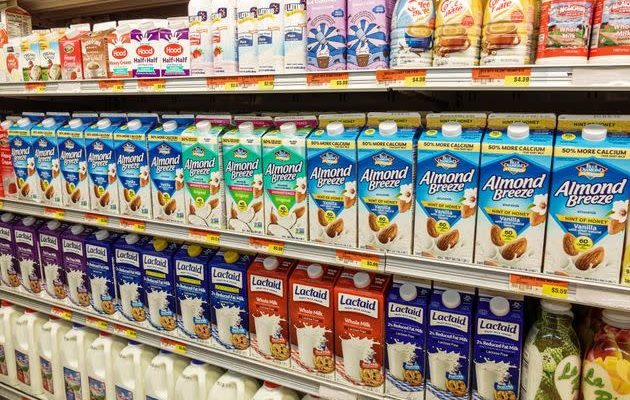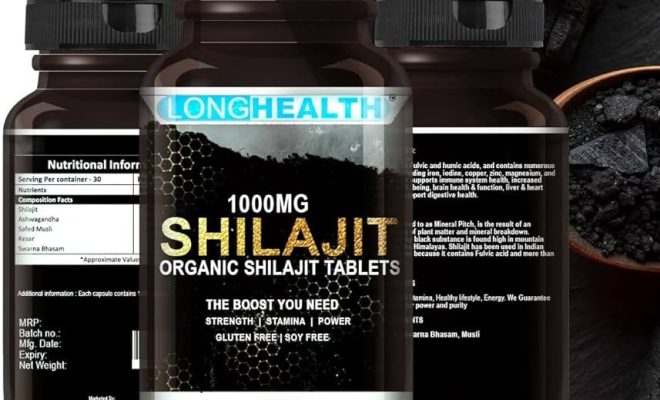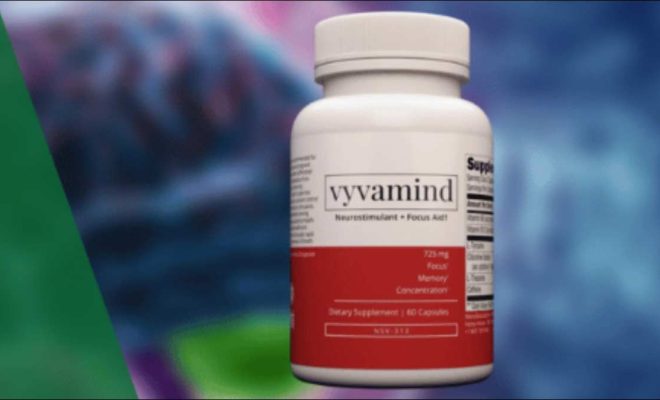The Best Types Of Milk To Drink For Bone Health, Including Non-Dairy Options

Milk has long been associated with bone health due to its high calcium and vitamin D content, which are essential for maintaining strong bones. However, not all types of milk are created equal when it comes to this benefit. Let’s explore some of the best types of milk that you can drink for bone health, including both dairy and non-dairy options.
Cow’s Milk
Cow’s milk is the most commonly consumed type of milk and is an excellent source of calcium and vitamin D – nutrients vital for bone health. Whole milk, reduced-fat, low-fat, and skim milk all contain similar amounts of calcium and vitamin D. However, it’s important to note that the absorption of these nutrients can be affected by the fat content.
Goat’s Milk
Goat’s milk is another good dairy option. It has comparable levels of calcium and often has a slightly higher content than cow’s milk. Additionally, it has a different protein structure which might be easier for some people to digest.
Fortified Plant-Based Milks
For those who are lactose intolerant or choose not to consume animal products, fortified plant-based milks offer a great alternative. These include almond milk, soy milk, rice milk, oat milk, etc., which are often fortified with calcium and vitamin D to mimic the bone health benefits of cow’s milk. Among these options, soy milk typically has the highest protein content which is also beneficial for bones.
Lactose-Free Milk
Lactose-free milk is essentially cow’s milk without lactose, making it a suitable option for those with lactose intolerance while still providing the same levels of calcium and vitamin D.
A2 Milk
A2 milk refers to cow’s milk that lacks a form of beta-casein proteins called A1 and is rich in A2 proteins which can be easier on digestion for some people. While the nutritional profile concerning bone-health-related nutrients like calcium and vitamin D is similar to regular cow’s milk, it may be an alternative for those who have sensitivities to standard cow’s milk.
Kefir
Kefir not only provides a significant amount of calcium but also includes probiotics that may help in calcium absorption – beneficial for bone health. Often made from cow’s or goat’s milk, kefir is fermented which makes it easier to digest lactose.
Conclusion
In summary, maintaining good bone health can be supported by a variety of milks—dairy and non-dairy alike—especially ones that are high in calcium and vitamin D. If opting for non-dairy milks, choosing fortified options is essential for getting the full benefits comparable to traditional dairy milks. No matter your preference or dietary restrictions, there is likely a type of milk available that can help keep your bones strong and healthy.






